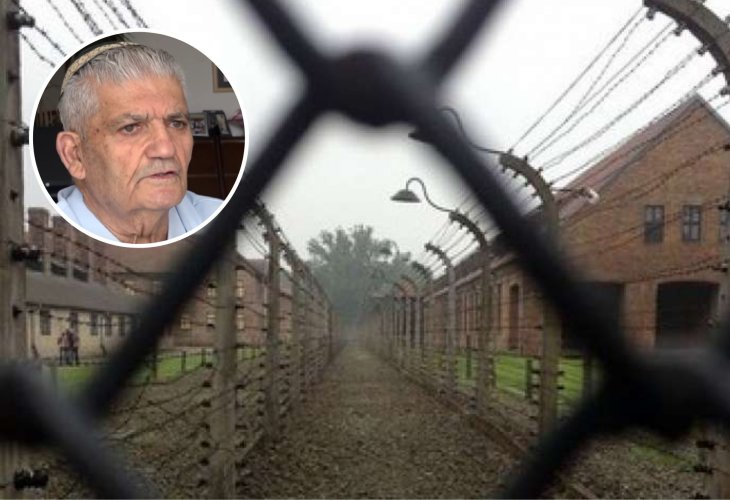The Holocaust
Holocaust in Libya: The Childhood Survival Story of Benny Harel
A testimony of pain, survival, and the lifelong search for a mother’s embrace

Benny Harel vividly remembers the terrifying moments when the Nazis entered his hometown of Tripoli, Libya. He was only five years old at the time.
“In Tripoli, life was simple,” he recalls. “We lived in homes where you could see the sky all around. Families lived together in harmony. Neighbors would share food, everyone respected one another. Jews and Arabs lived side by side like brothers. We held no resentment.”
Everything changed when the Germans invaded Tripoli. They began rounding up Jews and sending them to concentration camps. “Anyone who was strong enough to work was taken to build fortifications and sent to labor camps — mainly to the Giado camp,” he recounted in an interview with Kan 11.
At the time, Libya was under Italian rule. Italy, as an ally of Nazi Germany, adopted its racial laws. In 1938, the Fascist regime decided to impose those same antisemitic racial laws on the Jews of Libya.
Some 2,600 Jews from Libya were deported to the notorious Giado concentration camp, where 562 of them perished from starvation, disease, and severe physical and psychological abuse.
The Day the Bombs Fell
In 1941, Benny was at home with his mother, sister, and brother when his mother suddenly heard a loud roar in the skies.
“My mother heard the sound of squadrons of planes approaching. She grabbed me and my brother, covered us, and began to pray ‘God, save us.’ Suddenly I saw the room collapsing, falling closer and closer, until we were buried under the rubble. My sister and brother were killed. My mother and I were injured.”
Through great difficulty, the surviving Jewish community heard about those trapped under the ruins and managed to secretly rescue them — hiding them from the Italians, who would often send the wounded to hospitals from which they never returned.
After recovering, Benny and his mother were smuggled from Tripoli to al-Zawiya, where they were given shelter in the stable of a Jewish woman. However safety did not last long.
“There was a bombing there, and the stable caught fire. My mother burned to death,” Benny says with tears in his eyes and a broken heart, his voice trembling as he speaks. “They told me that if someone burns you can cover them, but I didn’t cover her. And for years, I had conversations with psychologists about this feeling — that somehow it was my fault. Why didn’t I cover her the way she covered me?”
A Lost Childhood
“She cared for me, she covered me, but I couldn’t protect her. I couldn’t save her,” he continues. “I never really had a childhood. Even today, when I see mothers hugging and caring for their children, I feel the absence. I still need a mother’s warmth. I still long for the warmth I never had.”

